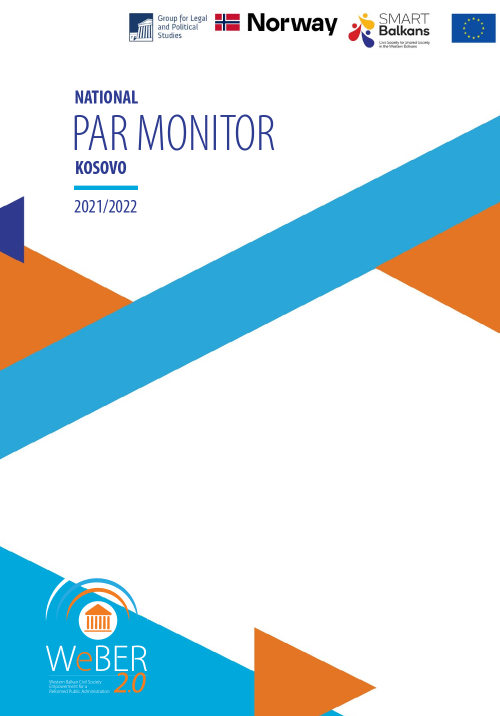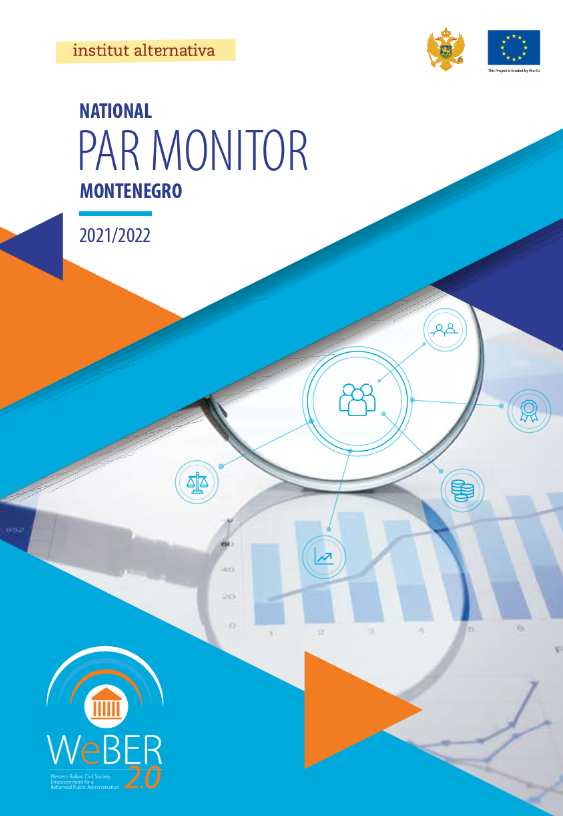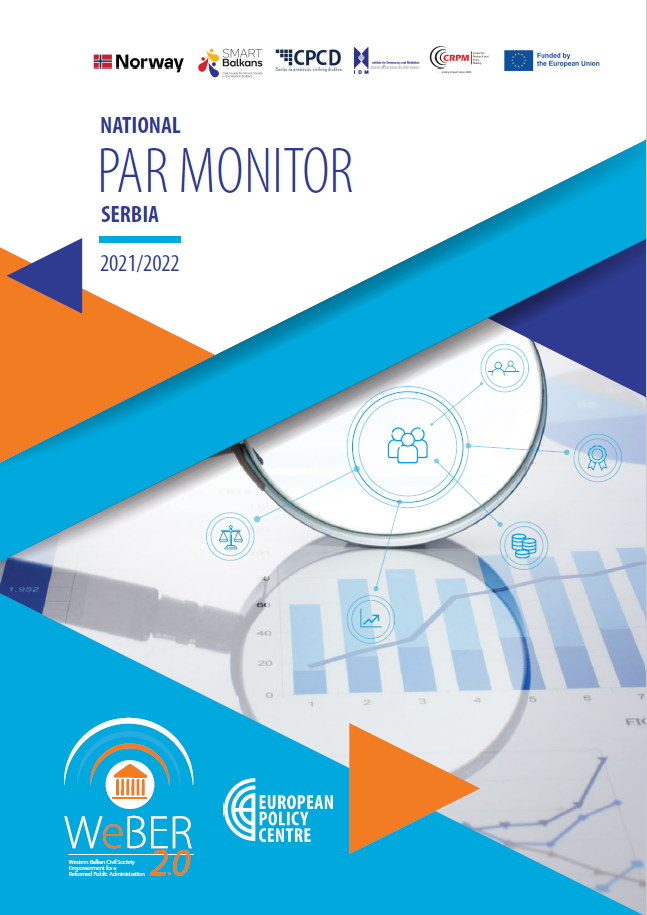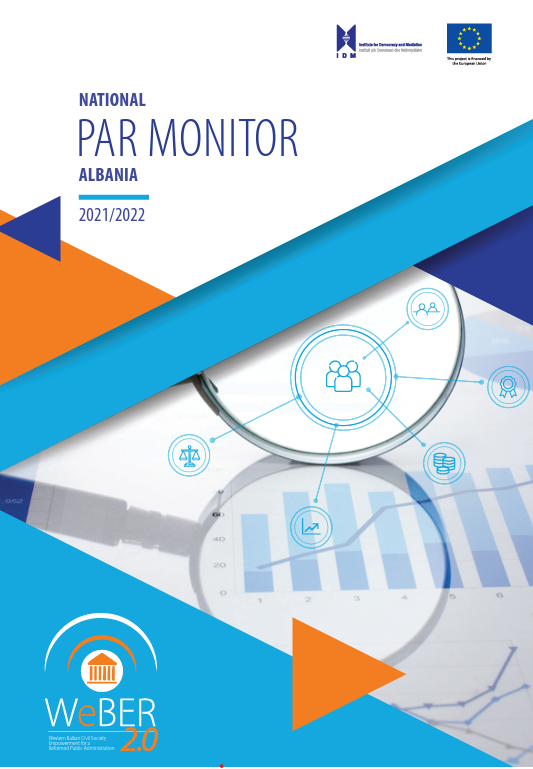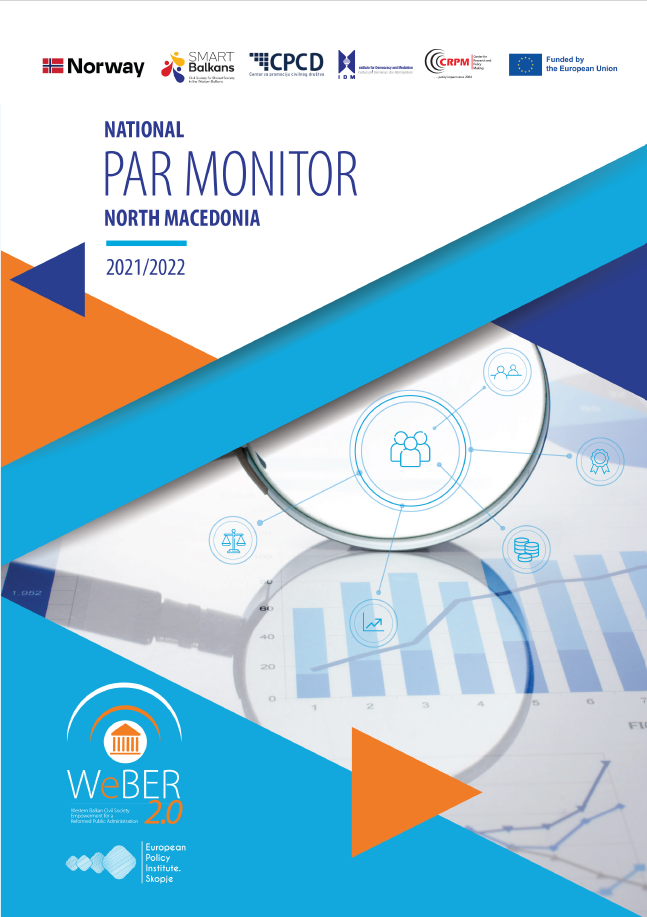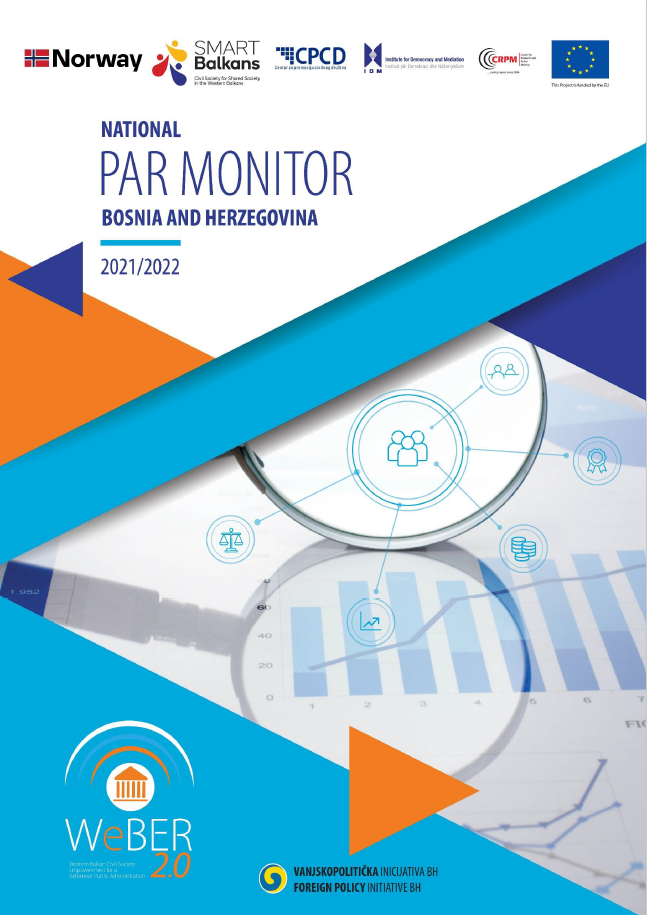CALL FOR APPLICATIONS for expert/s for the Development of a Monitoring Methodology for WBIF-Funded Projects
Call within the framework of the project “WB Reform and Growth Monitor”
Grant agreement number: IPA III/2024/458-693
Respected,
The Think for Europe Network (TEN), under the regional project “WB Reform and Growth Monitor” funded by the European Commission, invites qualified expert/s to apply for the development and support of a methodology to monitor the implementation of strategic projects financed under the Western Balkan Investment Framework (WBIF), financially supported by the Reform and Growth Facility (RGF).
Scope of Work and Key Responsibilities
- Design a Draft Monitoring Methodology: Develop a comprehensive methodology for monitoring WBIF-funded strategic projects, incorporating tools, indicators, templates, and a gender-sensitive framework.
- Facilitate Consultations: Support consultations with stakeholders and refine the methodology based on feedback received.
- Guide Piloting Process: Assist in the piloting of the methodology and ensure that findings are integrated into the first deliverable: WBIF Projects Updates.
- Finalize Methodology Booklet: Prepare a finalized methodology booklet, including developed practical tools and templates.
- Contribute to Reports: Provide input and review national and regional reports to ensure consistency with the established methodology.
For more details, please find the Terms of Reference (ToR) attached to this Call.
ELIGIBILITY: Applications may be submitted:
- Individually, or
- As part of a team of two experts
REMUNERATION:
The fee for this position is 5,250 EUR gross, covering 15 working days. Payment will be made in three installments, as outlined in the ToR.
APPLICATION PROCEDURE:
Interested applicants should submit their applications to reform-monitor@epi.org.mk no later than May 15, 2025, with the subject line: “Application for Expert/s for the Development of a Monitoring Methodology for WBIF-Funded Projects.”
REQUIRED DOCUMENTS:
- Detailed resume (biography) in English:
A comprehensive CV outlining relevant professional experience and qualifications, as specified in the ToR. If applying as a team, a separate CV must be submitted for each team member.
- Overall work plan:
A concise plan detailing the proposed implementation of the assignment. For team applications, the work plan should clearly indicate the division of tasks among team members. It must also include a breakdown of the 15 working days across the tasks and deliverables outlined in the ToR.
- Concept note on methodology development (maximum 2 pages):
A brief description of the proposed organization and approach for developing the monitoring methodology, highlighting the key steps, methods, and tools to be applied.
- References to previous work:
A selection of three relevant written outputs (e.g., academic publications, research studies, policy papers, or analytical reports) that demonstrate the applicant’s professional expertise and experience. In the case of a team application, each team member must submit their own individual set of three written references.
Inquiries:
For any questions or clarifications regarding this call, applicants may submit inquiries to the same email address (reform-monitor@epi.org.mk) no later than May 2, 2025. Responses to all received questions will be published on the official websites of TEN (www.thinkforeurope.org) and EPI (www.epi.org.mk) on May 7, 2025.

